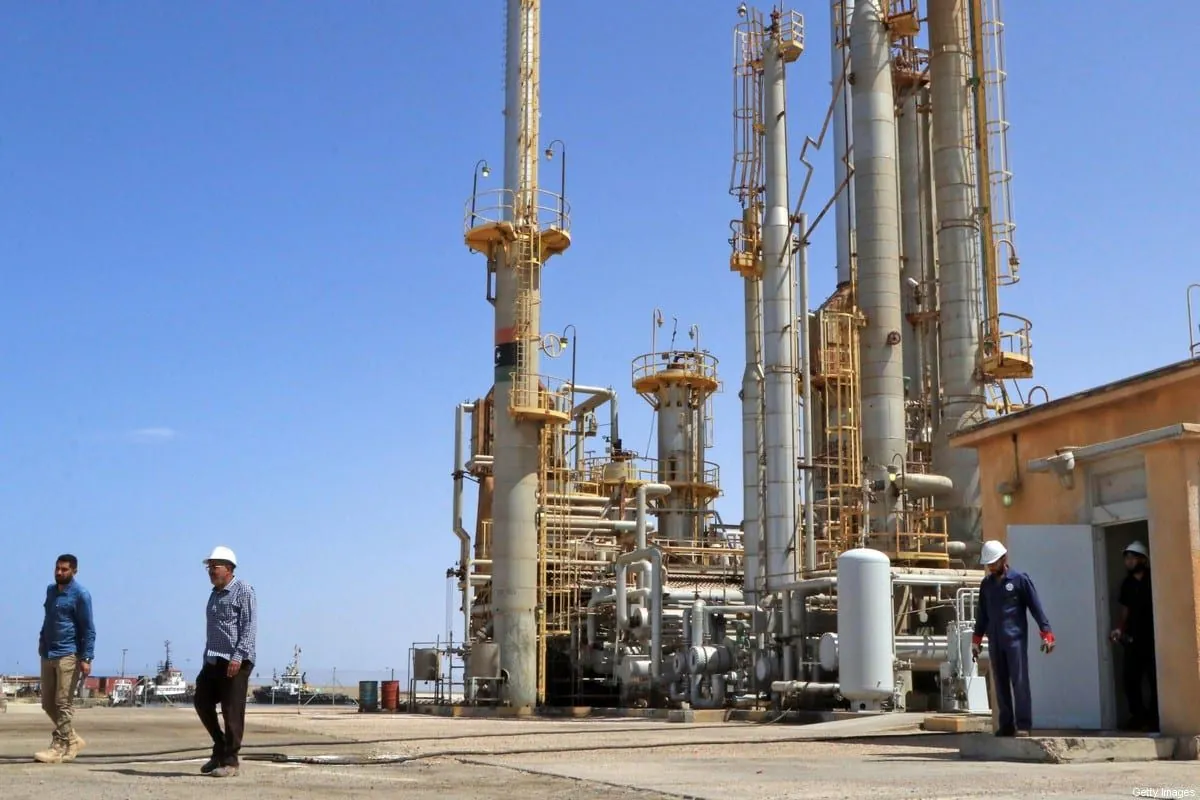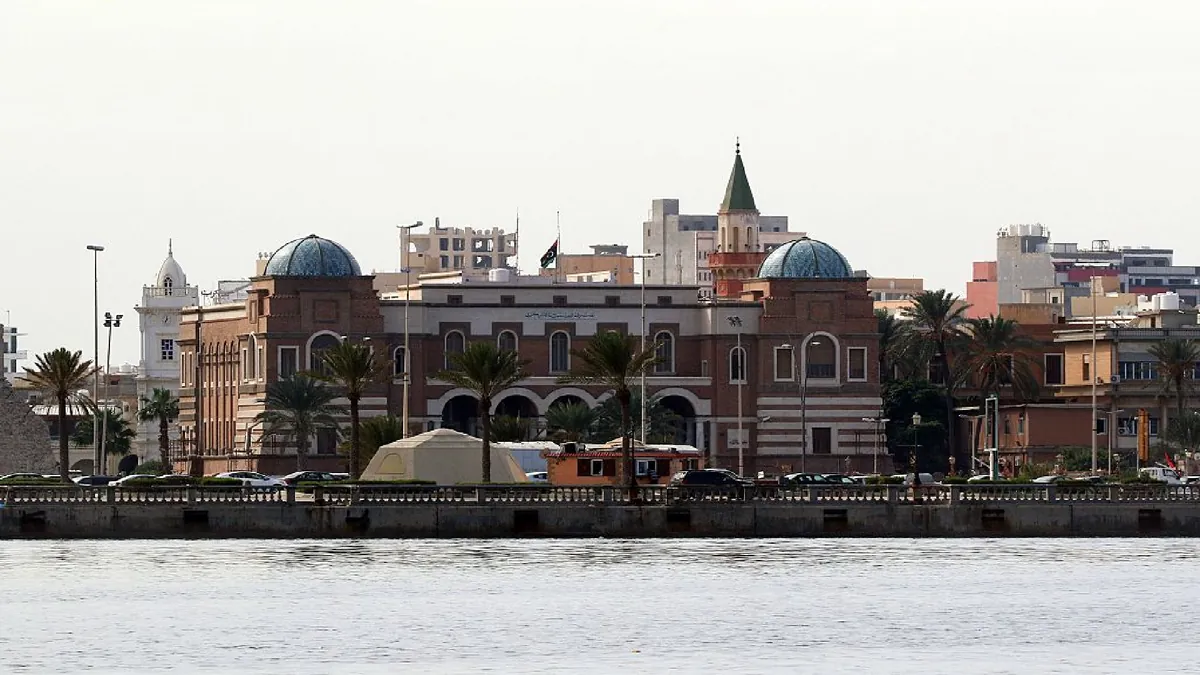Libya's Economic Crisis: Power Struggle Over Oil Wealth Intensifies
Libya faces economic paralysis as rival factions fight for control of the central bank and oil revenue. The crisis threatens stability and involves complex geopolitical interests.

Libya's economic landscape is currently marred by a complex power struggle, centered on control of the nation's central bank and vast oil resources. This crisis, which erupted in August 2023, has led to severe economic repercussions for the country's 7 million inhabitants.
The conflict primarily involves Prime Minister Abdulhamid Dbeibah, who leads the western government in Tripoli, and Khalifa Hifter, who controls eastern Libya. Their rivalry has intensified following the kidnapping of Central Bank officials and the subsequent self-imposed exile of the bank's governor, Sadiq al-Kabir, to Turkey.

The Central Bank of Libya, as the sole legal repository of the country's oil-generated wealth, has ceased functioning, leading to a sharp decline in oil exports. This has resulted in severe economic hardships for Libyans, including:
- Long queues at gas stations
- Restrictions on cash withdrawals
- A collapsing electricity grid
Libya, possessing Africa's largest oil reserves, has struggled to maintain stability since the 2011 revolution that overthrew Moammar Gaddafi. The NATO-backed campaign led to a power vacuum, resulting in the country's division between two rival political entities since 2014.
The current crisis is rooted in long-standing corruption and power struggles. After Gaddafi's fall, the state payroll nearly doubled to 2.4 million, as the Central Bank allegedly funded various factions to maintain a semblance of stability.
"All international banks that we deal with, more than 30 major international institutions, have suspended all transactions. All work has been suspended at the international level. Therefore, there is no access to balances or deposits outside Libya."
The situation has drawn attention from regional powers, with recent visits by top officials, including Turkey's spy chief. The crisis threatens to destabilize the fragile balance of power established after the 2020 ceasefire, which ended Haftar's failed offensive on Tripoli.
Libya's complex geopolitical landscape involves various foreign interests:
- Egypt and UAE support Haftar, opposing Islamist influence
- Turkey backs the Tripoli government, viewing Hafter as a threat to its regional influence
- Russia sees potential in Haftar's control of oil fields as a tool in global competition
While power brokers vie for control, ordinary Libyans yearn for political stability and elections. However, the current situation, with its intricate web of corruption and smuggling networks, makes such aspirations challenging to realize.
The international community's attention is crucial to prevent further escalation. As Libya grapples with this crisis, the risk of it evolving into a larger regional conflict looms, potentially adding to the existing global tensions surrounding Ukraine and Gaza.


































